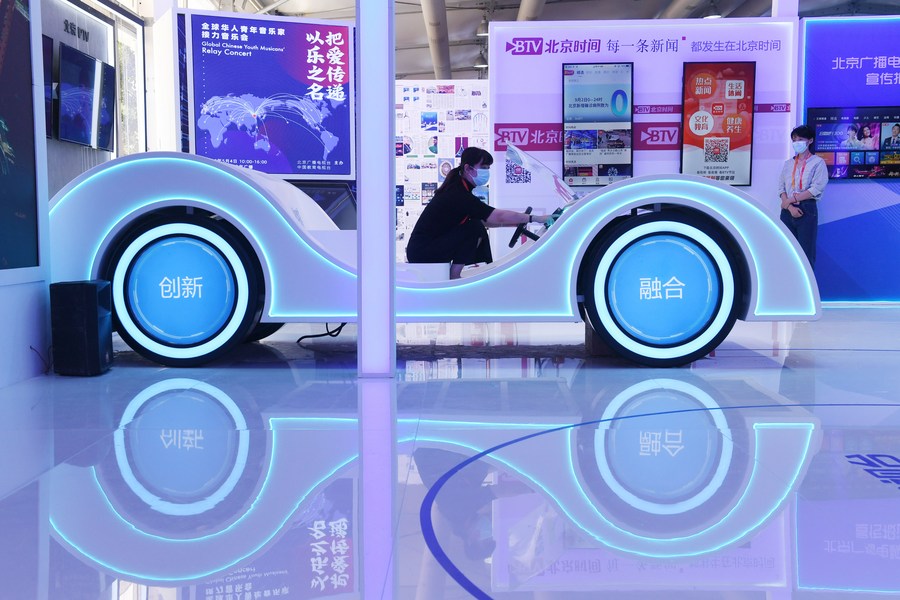China shores up IPR protection, winning overseas trust
 0 Comment(s)
0 Comment(s) Print
Print E-mail Xinhua, April 23, 2021
E-mail Xinhua, April 23, 2021

China's continuous efforts in protecting intellectual property rights (IPR) have boosted foreign investors' confidence in the Chinese market.
A specialized court for IPR cases opened Wednesday in the China-Germany Equipment Manufacturing Industrial Park in Shenyang, capital of northeast China's Liaoning Province. Jan Carl Block, regional manager of Liaoning & Jilin of the German Chamber of Commerce in China, was appointed as an arbitrator in the IPR sector.
The court will hear appeals of both civil and commercial cases for both domestic and overseas firms in the park, provide legal consultation and service for the trade disputes involving IPR issues, and ramp up the publicity of the IPR arbitration system.
Noting the crucial role of the court in improving the quality and efficiency of IPR-related trials, Xue Qingbin, deputy head with the management committee of the industrial park, said that the establishment of the court meets the rising demands of foreign firms and will help build a world-class business environment in this park.
In recent years, the Chinese government has given "punch combos" to crack down violations and illegal activities related to IPR in its bid to create a fairer and more transparent business environment.
Since 2019, a batch of lawsuits, regulations and protection guidelines have been unveiled to offer high-quality intellectual property services for foreign enterprises, reflecting China's commitment to giving equal protection to the IPR of enterprises both home and abroad.
In December 2020, the Shanghai Higher People's Court upheld the verdict for six people concerning counterfeiting and manufacturing 330 million yuan (about 50.89 million U.S. dollars) worth of LEGO toys.
The criminal gang was accused of replicating LEGO toys and selling them online and offline under the brand Lepin without authorization from the Danish toy company LEGO since 2015.
China's ever-increasing reinforcement of IPR protection was recognized by Lego Group. Huang Guoqiang, senior vice president and general manager of China with Lego Group, stressed that China has provided a stronger legal guarantee for the development of enterprises and thus cemented the company's confidence to develop in the country.
According to a report recently released by the American Chamber of Commerce, fewer concerns regarding IPR infringements were reported among the surveyed companies, compared with previous years.
This proves that improving IPR protection circumstances have lifted overseas confidence in running businesses in China.
In a report released by the World Bank, China's business environment ranking surged to 31st in the world last year from 46th in 2019.
China, also the world's largest market, has seen robust growth in foreign investment inflow, especially in the high-tech sector.
Data from the Ministry of Commerce showed that foreign investment in the high-tech sector increased 11.4 percent year on year, and the high-tech services sector saw its foreign direct investment climb 28.5 percent year on year in 2020.
With concerns dispelled, more and more foreign brands are shifting their innovation focus to the country. For instance, German carmaker BMW has set up its second-largest R&D system in the world here and stepped up cooperation with local technology enterprises.
U.S. chip giant Qualcomm has also set up five joint innovation centers in China.
Qian Kun, global vice president of Qualcomm and general manager of the technology licensing business in China, said the company appreciates the remarkable progress China has made in optimizing the IPR protection mechanism after tremendous efforts.
"Qualcomm is one of the foreign companies with the most invention patents in China, which has laid a solid foundation for our further cooperation and encouraged us to expand investment here," Qian added.






Go to Forum >>0 Comment(s)